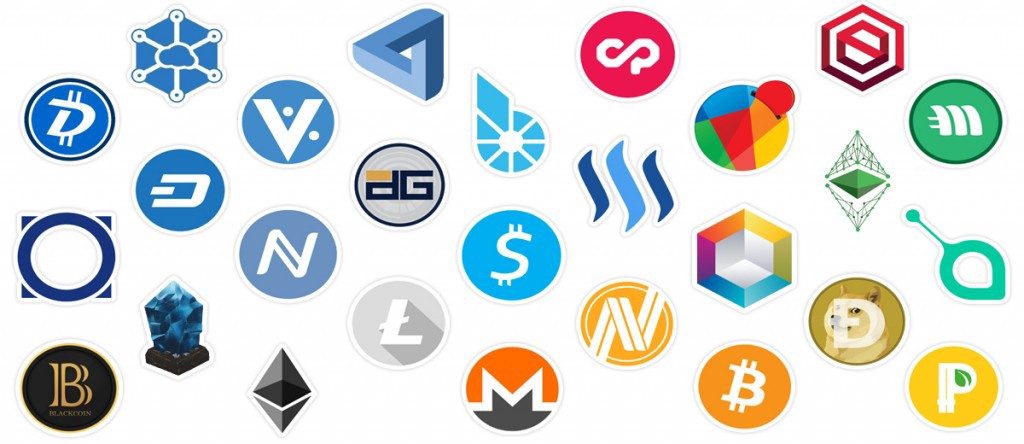Earlier this year, Facebook went on a crusade against cryptocurrency scams, banning advertisements left, right and centre. Twitter now looks to be doing the same thing, cracking down on scam accounts, however it seems legitimate crypto enthusiasts have been caught in the crossfire.
As it stands, Twitter has left alone cryptocurrency and ICO advertisements on the basis that none of them had been breaching the social media’s policy on ads. The same cannot be said for scam-related accounts as the platform clearly states that “Ads for products or services that are potentially unsafe or deceptive” and “Ads making misleading or deceptive claims, such as “get rich quick” offers” are unacceptable.
Twitter reassured its users that it is “aware of this form of manipulation and are proactively implementing a number of signals to prevent these types of accounts from engaging with others in a deceptive manner.”
For now, the company is taking baby steps on its action against deceptive behaviour, banning accounts suspected of scam activity. Unfortunately, this has resulted in legitimate support team for cryptocurrency exchange Kraken receiving a ban amidst the conflict.
Kraken said that it had seen its accounts restricted when warning its users of copycat accounts that mimic well-known cryptocurrency enthusiasts, one of which posed as Elon Musk according to Reuters. The ban has since been lifted by Twitter, which realises it had made a mistake.
It seems that Kraken isn’t the only account to be caught in Twitter’s war on cryptocurrency scams, however, as other cryptocurrency influencers have received bans or ‘shadow bans’, the act of an account’s actions being rendered un-viewable by its followers without the owner’s knowledge.
This difficulty is perhaps why other platforms have opted for an outright ban rather than trying to cater to the community at large.
Discuss on our Facebook page, HERE.
KitGuru Says: The majority of activity on Twitter is unregulated, giving #ICO and other cryptocurrency-related hashtags a large platform to market their dodgy behaviour. While Twitter makes improvements to try and quell scammers, users are advised to be cautious of what they click on.
 KitGuru KitGuru.net – Tech News | Hardware News | Hardware Reviews | IOS | Mobile | Gaming | Graphics Cards
KitGuru KitGuru.net – Tech News | Hardware News | Hardware Reviews | IOS | Mobile | Gaming | Graphics Cards



